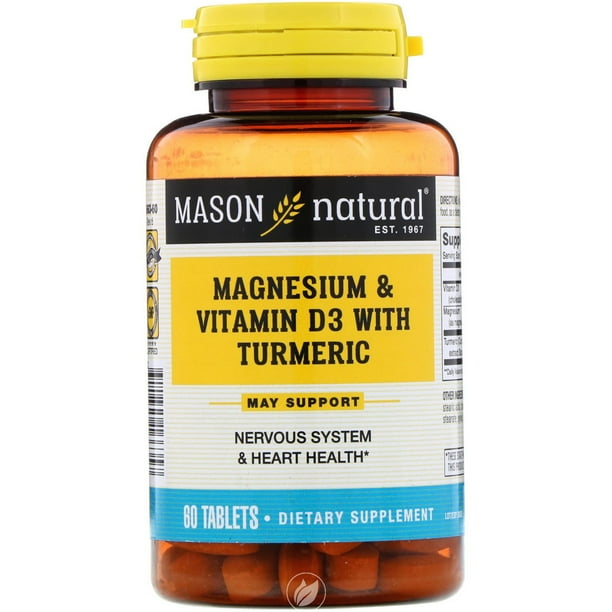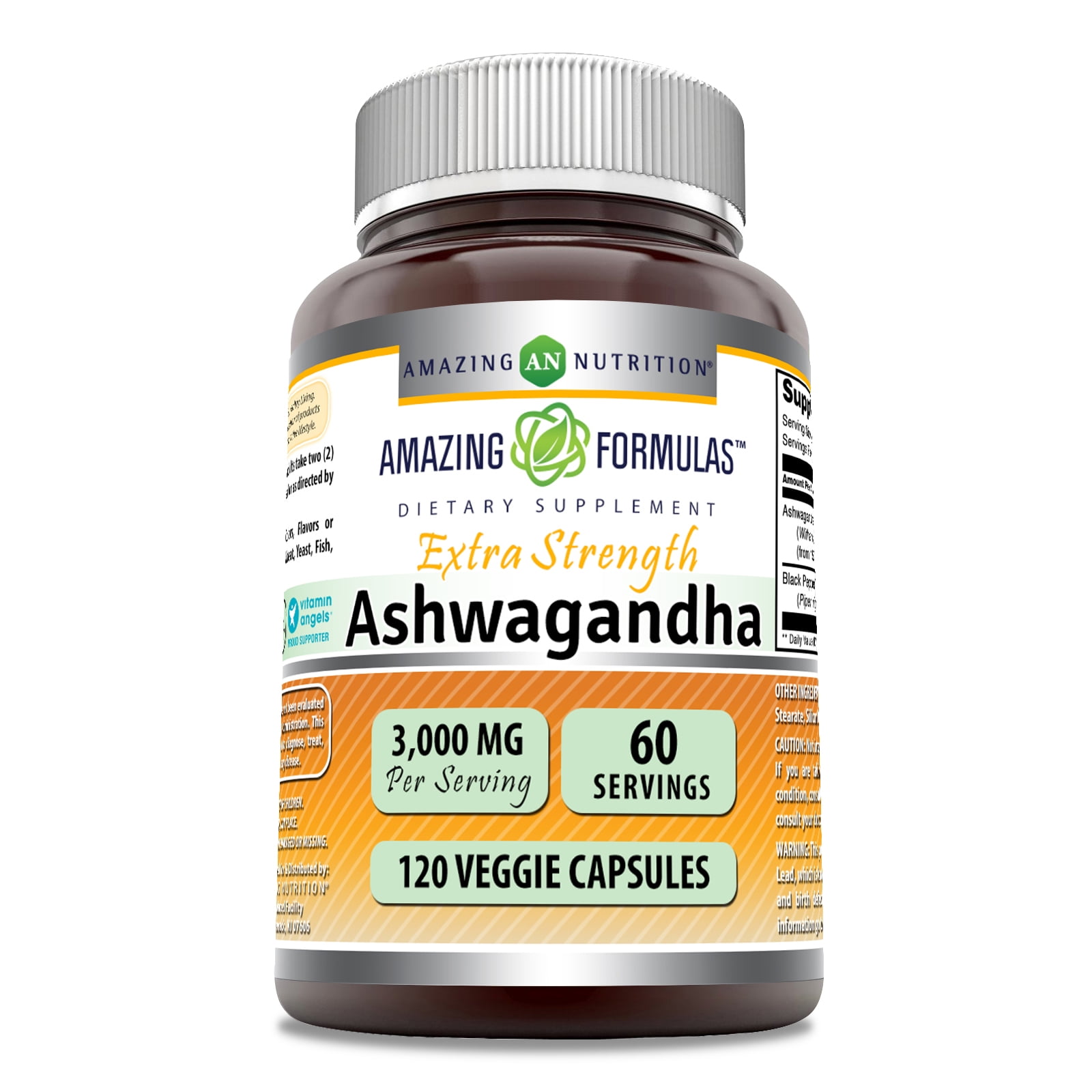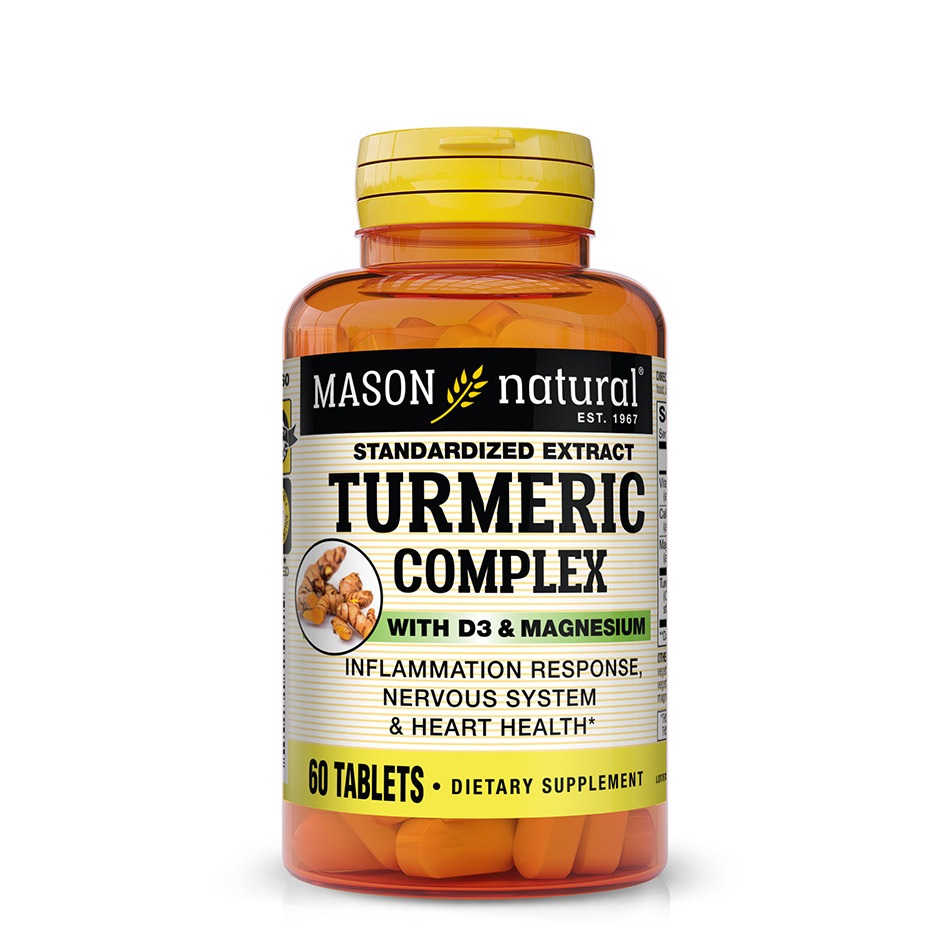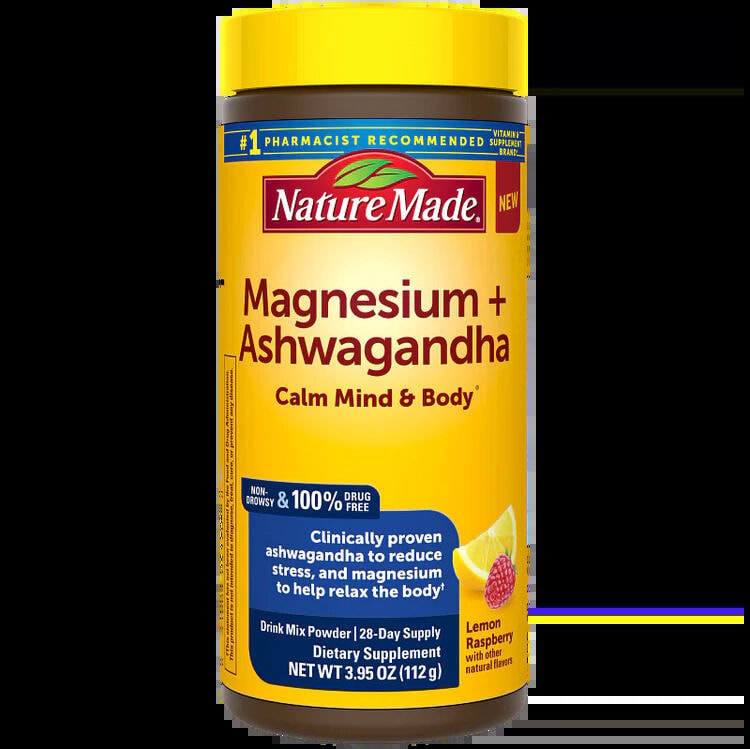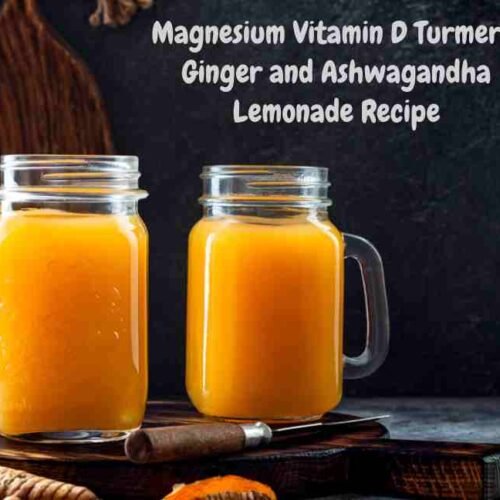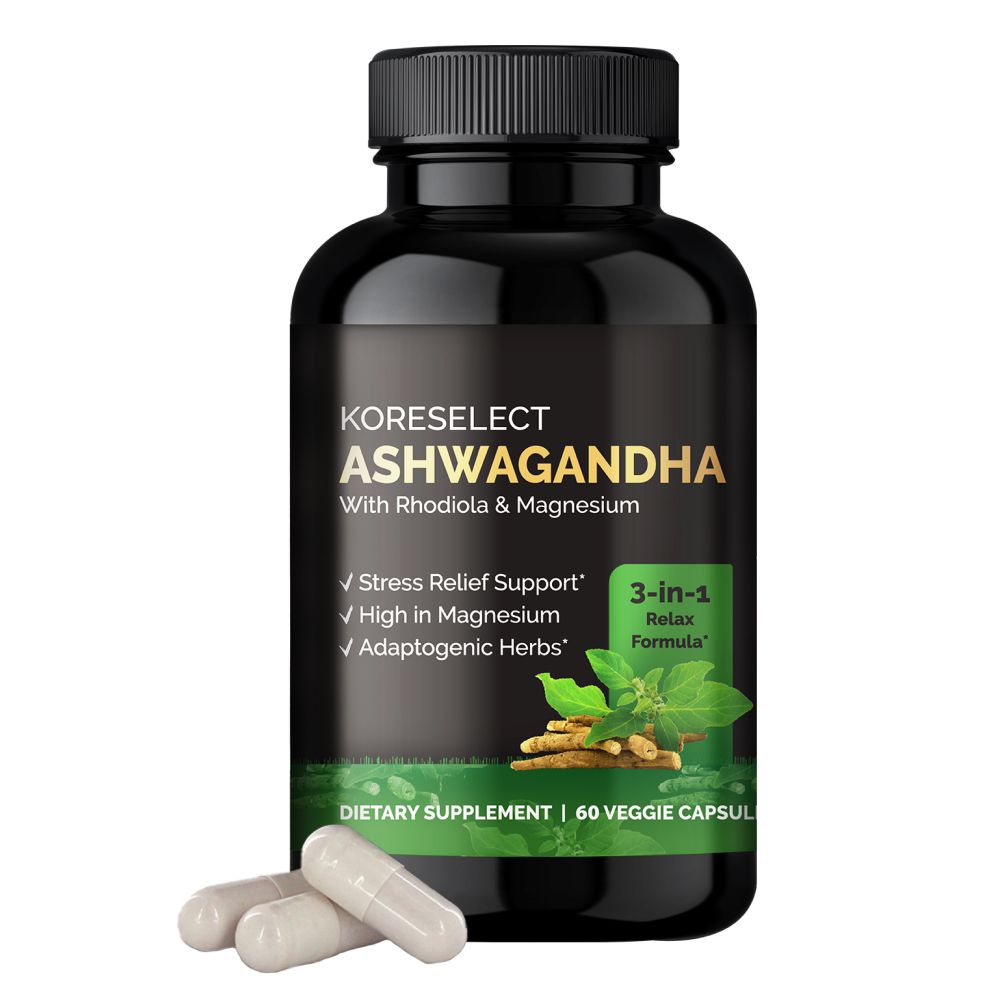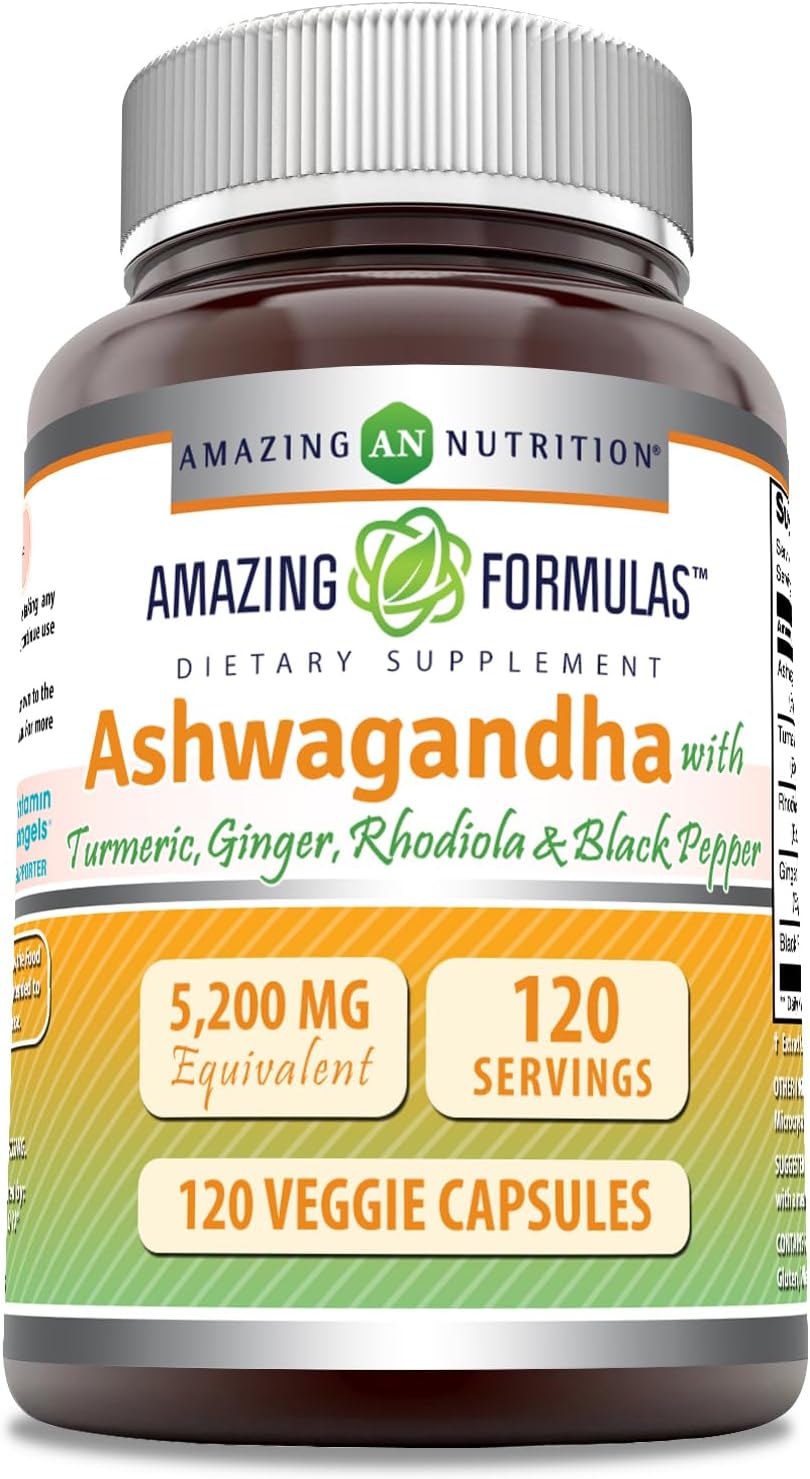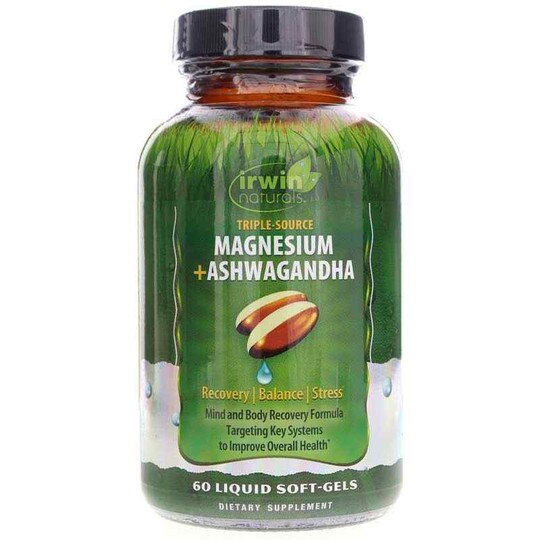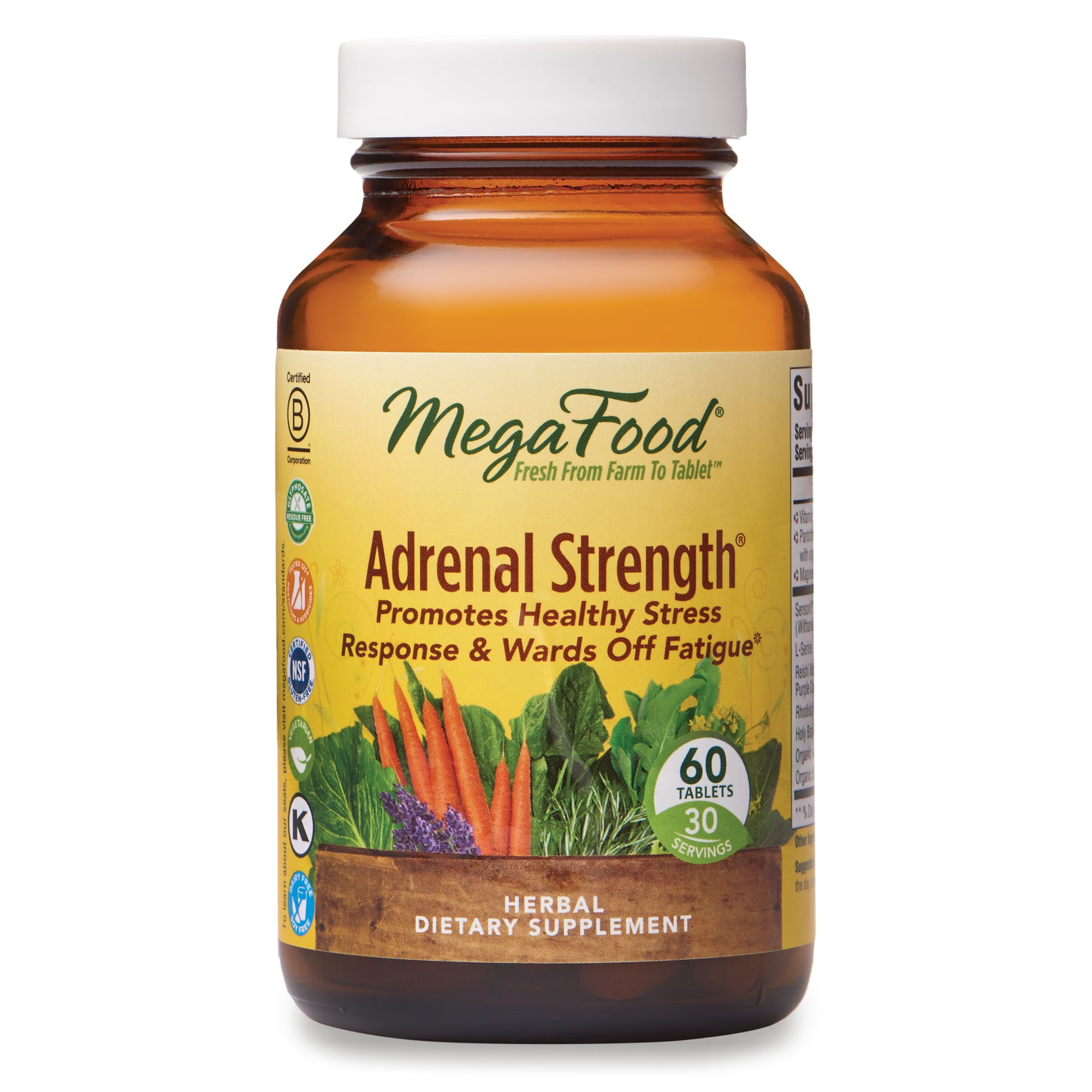Magnesium Vitamin D Turmeric Rhodiola And Ashwagandha
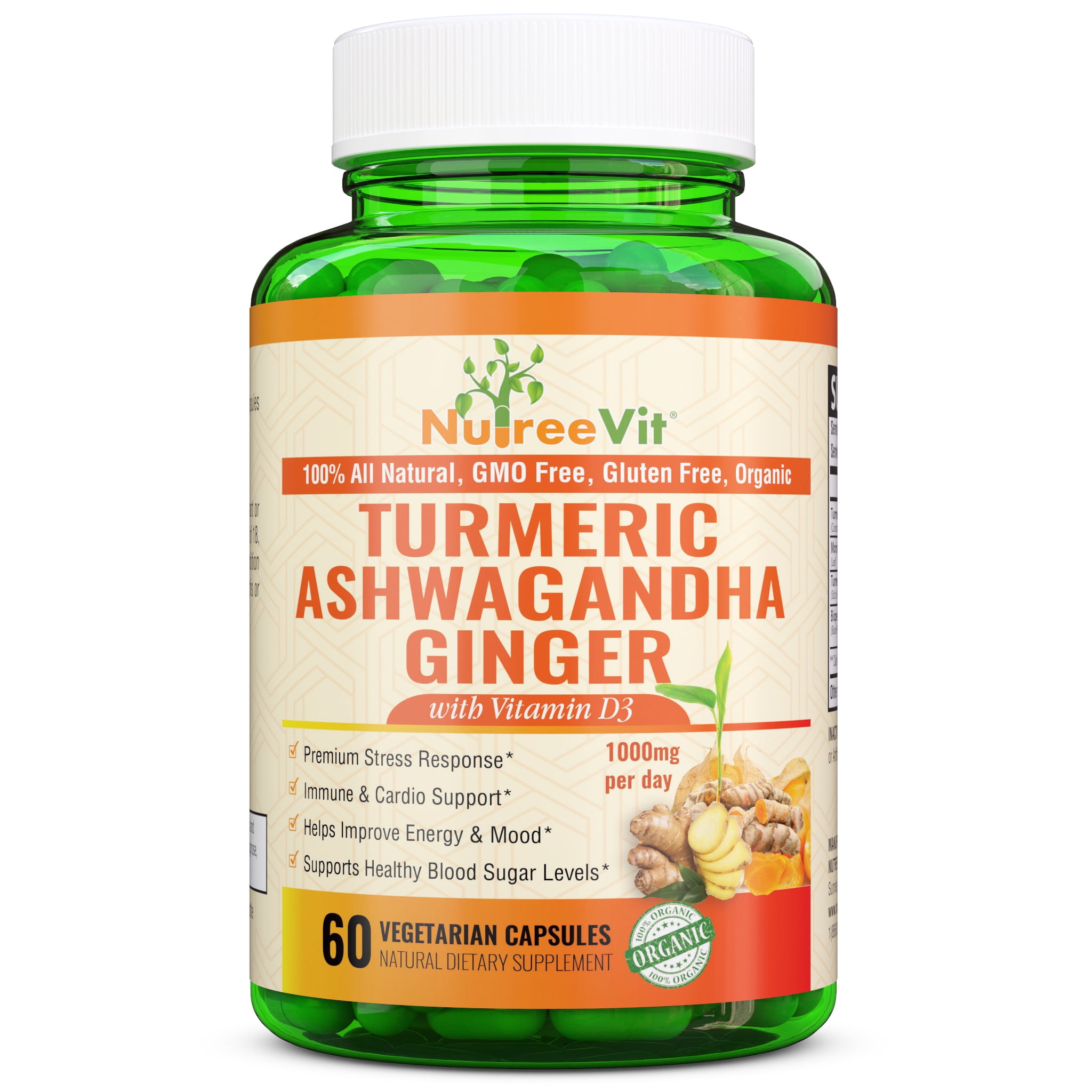
As the wellness industry booms, a growing number of individuals are turning to dietary supplements for perceived health benefits. Among the most popular are Magnesium, Vitamin D, Turmeric, Rhodiola, and Ashwagandha. While these supplements are widely available, understanding their purported effects and the scientific evidence supporting them is crucial for informed consumer choices.
This article explores the current state of knowledge regarding these five supplements. It examines their claimed benefits, potential risks, and the scientific research that underpins (or contradicts) those claims. The aim is to provide readers with a balanced perspective, enabling them to assess whether these supplements are appropriate for their individual needs.
Magnesium
Magnesium is an essential mineral involved in hundreds of bodily functions, including muscle and nerve function, blood sugar control, and blood pressure regulation. The National Institutes of Health (NIH) estimates that a significant portion of the US population may not be meeting their recommended daily intake of magnesium through diet alone.
Supplementation is often considered for those with deficiencies. Common forms include magnesium citrate, magnesium oxide, and magnesium glycinate, each with varying absorption rates. Some studies suggest that magnesium supplementation may improve sleep quality, reduce muscle cramps, and alleviate symptoms of anxiety, though more research is often needed to confirm these findings across diverse populations.
However, it's essential to note that excessive magnesium intake can lead to side effects like diarrhea and abdominal cramping. Individuals with kidney problems should also consult with a healthcare provider before taking magnesium supplements, as their kidneys may struggle to process excess amounts.
Vitamin D
Vitamin D is crucial for calcium absorption, bone health, and immune function. Sunlight exposure is the primary source of Vitamin D, but factors like geographical location, skin pigmentation, and indoor lifestyles can limit its production in many individuals.
The Vitamin D Council advocates for maintaining adequate Vitamin D levels through supplementation, particularly during winter months. Vitamin D3 (cholecalciferol) is generally considered more effective at raising blood levels than Vitamin D2 (ergocalciferol).
Deficiency is linked to a higher risk of osteoporosis, certain cancers, and autoimmune diseases. While supplementation can be beneficial, excessive intake can lead to toxicity, characterized by nausea, weakness, and kidney problems. A blood test can determine an individual's Vitamin D levels and help guide appropriate supplementation.
Turmeric
Turmeric, a spice derived from the Curcuma longa plant, contains curcumin, a compound with potent anti-inflammatory and antioxidant properties. Traditional medicine systems have long used turmeric for various ailments, including arthritis and digestive issues.
Research suggests that curcumin may help reduce inflammation, relieve pain, and improve cognitive function. However, curcumin has poor bioavailability, meaning the body struggles to absorb and utilize it effectively.
Supplements often include piperine, a compound found in black pepper, to enhance curcumin absorption. While generally considered safe, high doses of turmeric or curcumin can cause digestive upset in some individuals. Furthermore, turmeric can interact with certain medications, such as blood thinners.
Rhodiola
Rhodiola (Rhodiola rosea) is an adaptogenic herb traditionally used to combat stress, fatigue, and improve mental performance. Native to cold, mountainous regions, Rhodiola is believed to enhance the body's resilience to physical and mental stressors.
Some studies have shown that Rhodiola can reduce fatigue, improve cognitive function, and alleviate symptoms of depression and anxiety. The exact mechanisms of action are still being investigated, but it is thought to affect neurotransmitter levels in the brain.
Common side effects are mild and may include dizziness, dry mouth, and difficulty sleeping. It's important to note that research on Rhodiola is still ongoing, and more large-scale studies are needed to confirm its benefits and determine optimal dosages.
Ashwagandha
Ashwagandha (Withania somnifera) is another adaptogenic herb with a long history of use in Ayurvedic medicine. It is believed to promote balance in the body and mind, reducing stress and improving overall well-being.
Proponents claim that Ashwagandha can reduce stress and anxiety, improve sleep quality, enhance cognitive function, and support immune function. Some research supports these claims, suggesting that Ashwagandha may lower cortisol levels, a hormone associated with stress.
Potential side effects can include drowsiness, headache, and stomach upset. Ashwagandha should be used with caution by pregnant women and individuals with thyroid conditions. Consulting with a healthcare professional is crucial before incorporating Ashwagandha into one’s routine.
Conclusion
Magnesium, Vitamin D, Turmeric, Rhodiola, and Ashwagandha are popular dietary supplements with purported health benefits. While research suggests potential benefits for specific conditions, it's important to approach these supplements with informed caution.
Consulting with a healthcare professional is essential to determine if these supplements are appropriate and safe for individual needs, considering existing health conditions and potential interactions with medications. A balanced diet, regular exercise, and stress management techniques are also fundamental to overall health and well-being. Relying solely on supplements without addressing these core aspects of health is generally not advisable.
The information presented here is for informational purposes only and should not be considered medical advice. Always consult with a qualified healthcare provider for any health concerns or before making any decisions related to your health or treatment.
